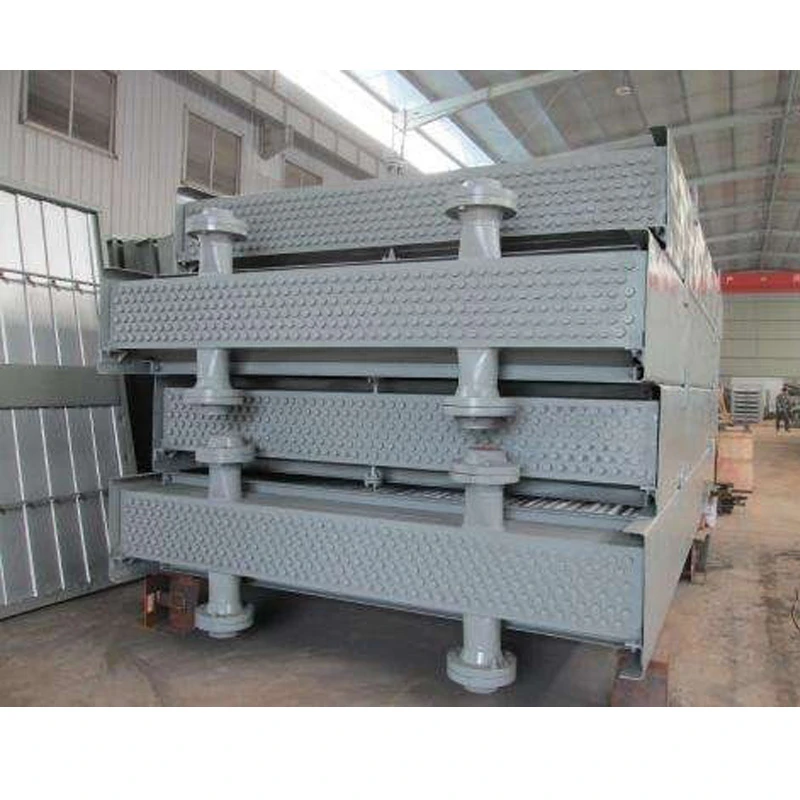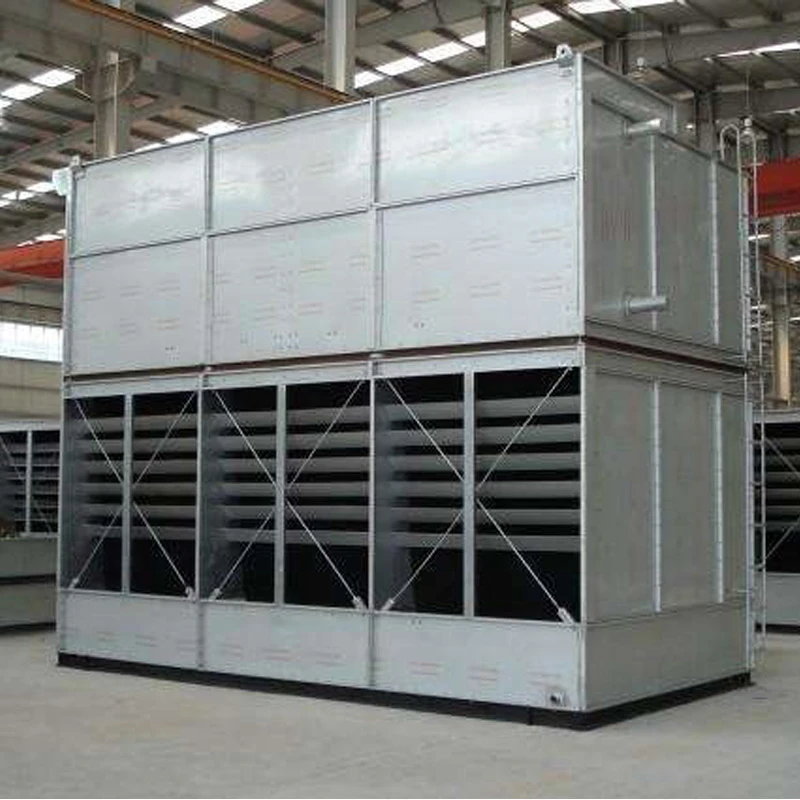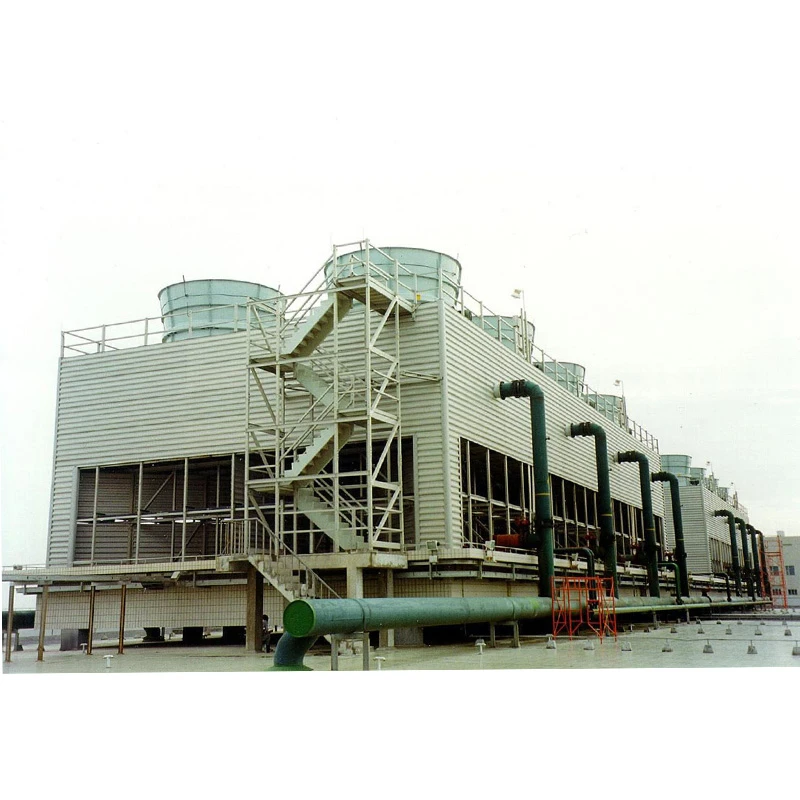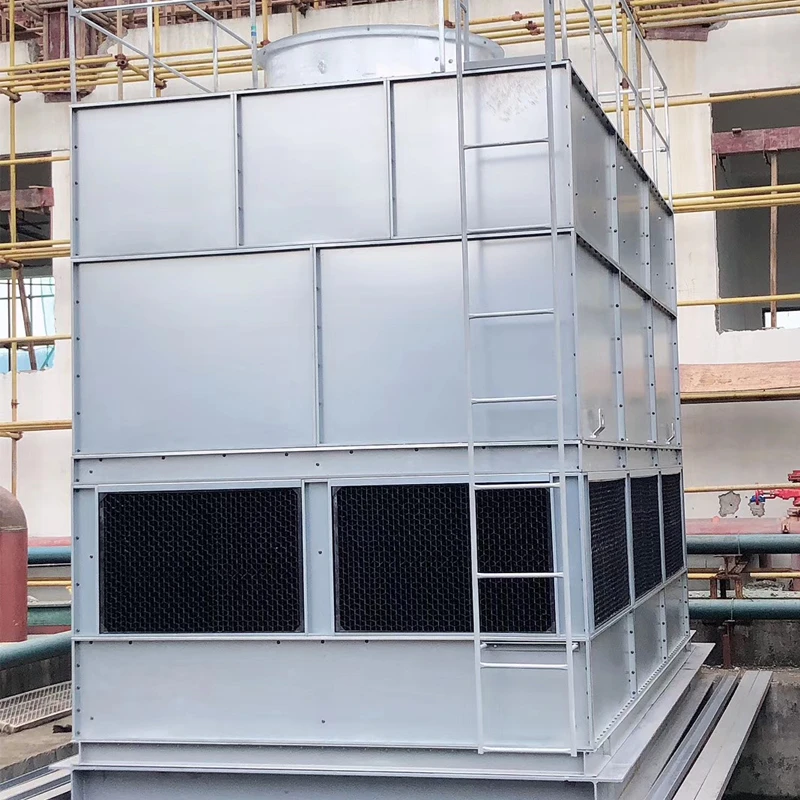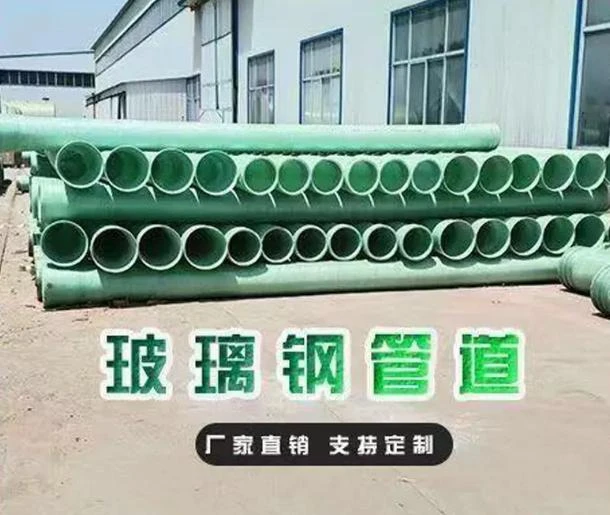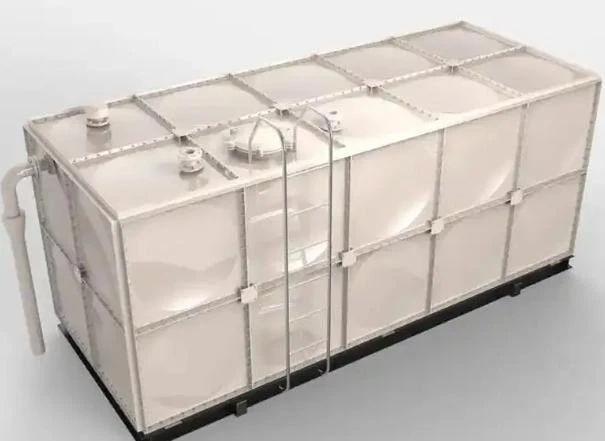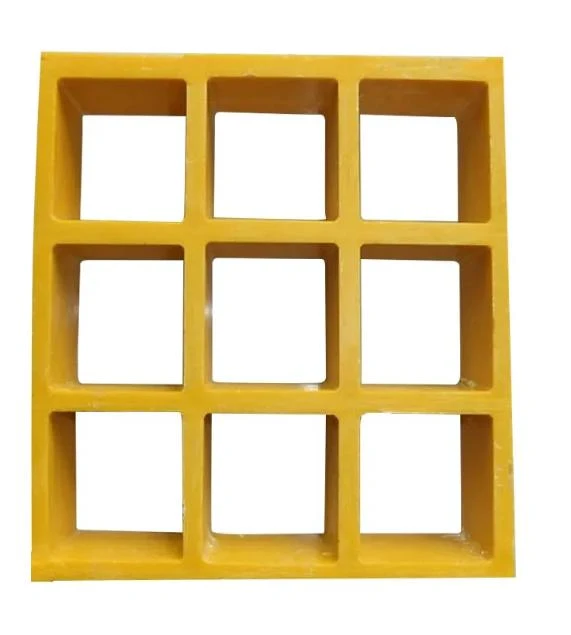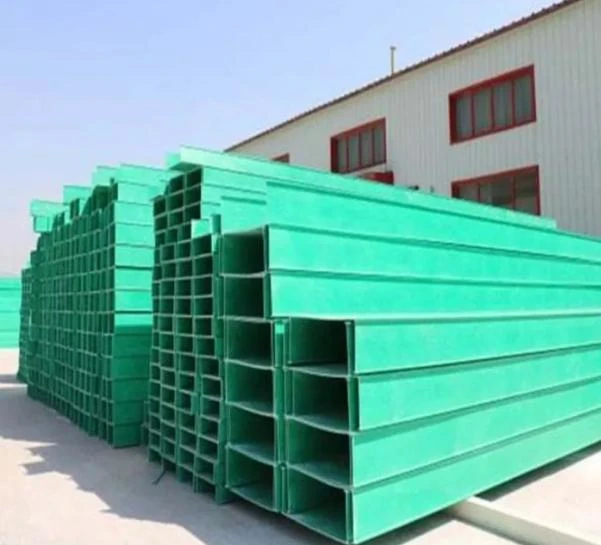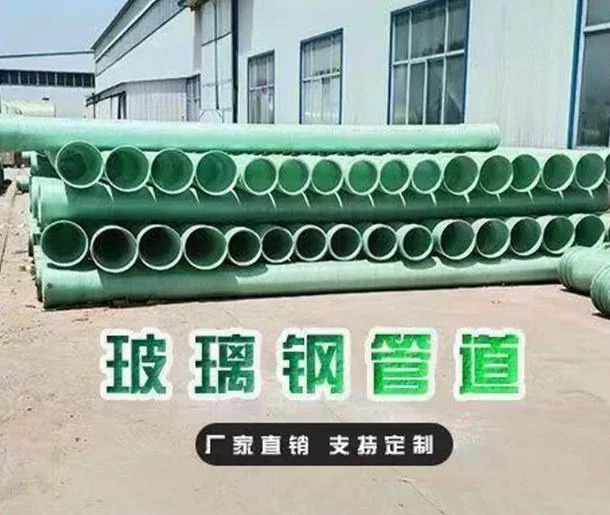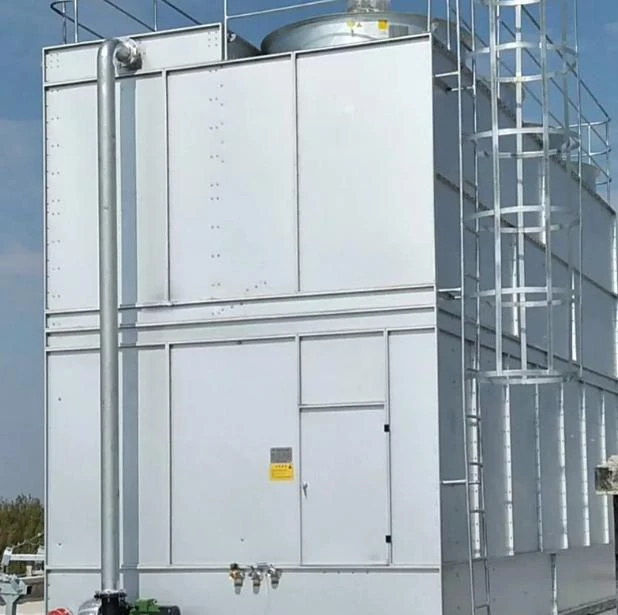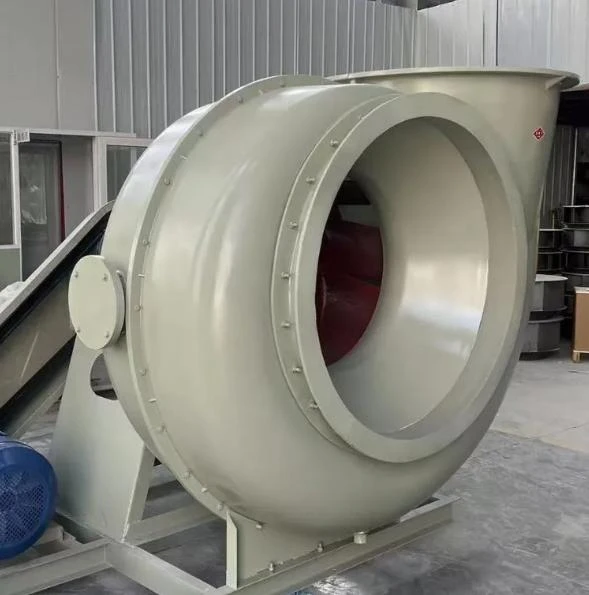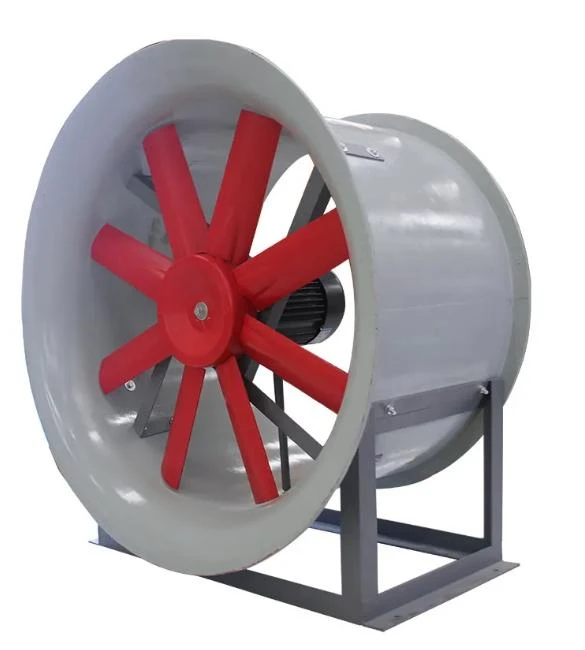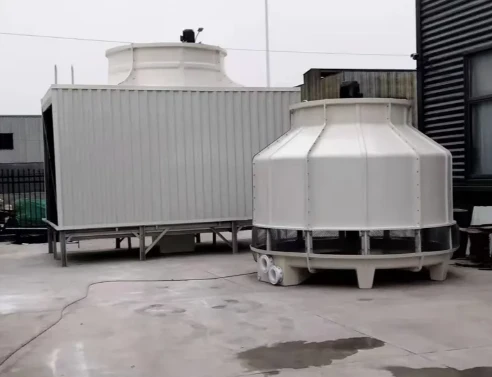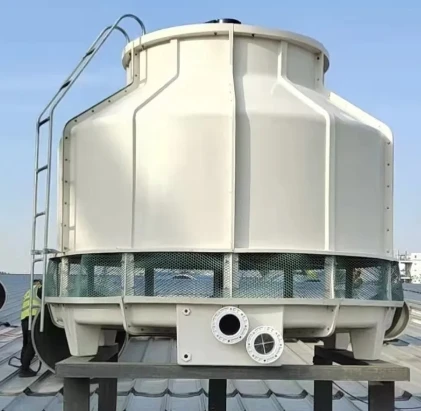

We Are Open 24 Hours a Day, 7 Days a Week, Including Weekends and Public Holidays.
- Overview of Closed Cooling Systems with Evaporative Technology
- Energy Efficiency & Operational Advantages
- Comparative Analysis: Leading Manufacturers
- Adaptive Design for Industry-Specific Needs
- Performance Metrics in Real-World Scenarios
- Maintenance Strategies for Long-Term Reliability
- Future Applications & Sustainability Impact
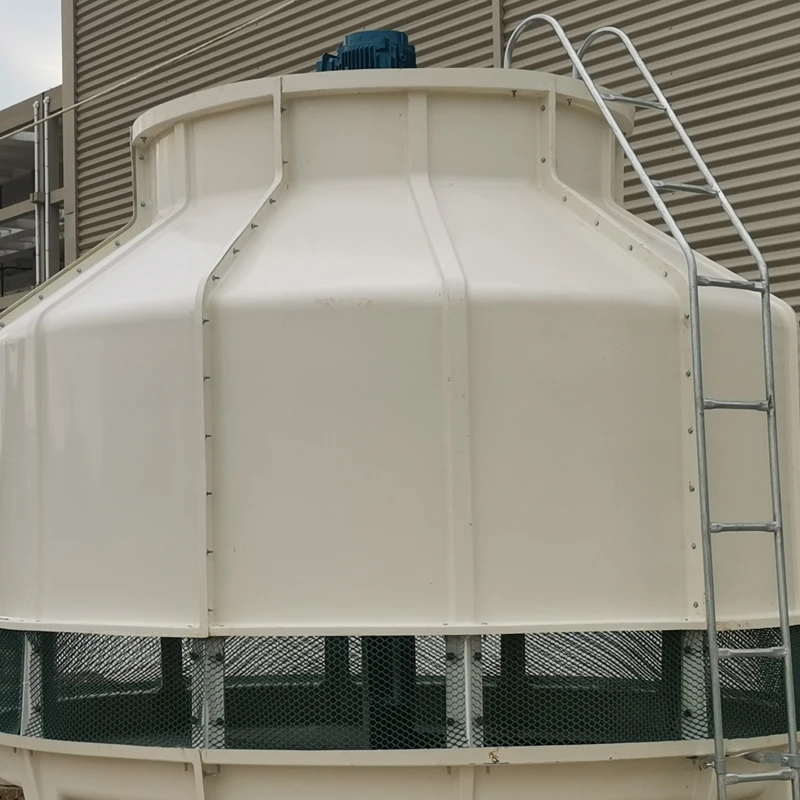
(closed cooling system with evaporative cooler)
Closed Cooling System with Evaporative Cooler: Engineering Excellence
Modern industrial processes demand closed cooling systems with evaporative coolers to balance thermal management and resource efficiency. These systems utilize a hybrid approach, combining closed-circuit fluid circulation with water-assisted heat rejection. By isolating process fluids from external contaminants, they achieve 35-40% longer equipment lifespan compared to open-loop alternatives while maintaining 95% thermal efficiency in temperature-sensitive applications.
Technical Superiority in Heat Dissipation
Third-party testing confirms that closed circuit evaporative coolers reduce water consumption by 62% versus traditional cooling towers. The table below demonstrates performance benchmarks across three operational scales:
| Capacity (kW) | Water Savings (m³/yr) | Energy Efficiency Ratio | Maintenance Interval |
|---|---|---|---|
| 500-800 | 12,000 | 4.8:1 | 18 months |
| 800-1,200 | 28,500 | 5.2:1 | 24 months |
| 1,200+ | 47,000 | 5.6:1 | 30 months |
Market Leadership Comparison
Industry leaders in closed circuit fluid cooler manufacturing show distinct competitive advantages:
- Manufacturer A: 22% higher corrosion resistance in saline environments
- Manufacturer B: Patented variable-speed fan technology reduces power draw by 19%
- Manufacturer C: Modular design enables 72-hour installation timelines
Customization for Operational Demands
Advanced systems now incorporate IoT-enabled sensors that predict maintenance needs with 89% accuracy. A recent pharmaceutical plant implementation achieved:
- 17% reduction in chilled water pump energy use
- 44% decrease in chemical treatment costs
- Real-time temperature variance control within ±0.5°C
Verified Performance Outcomes
Field data from 14 manufacturing facilities shows closed cooling systems with evaporative coolers deliver:
"Consistent 92-94% annual uptime across tropical climates, with 11-month ROI through energy tax credits."
Maintenance Optimization Protocols
Predictive analytics reduce unplanned downtime by 67% through:
- Automated water quality monitoring - Dual-stage particulate filtration - Remote performance diagnostics
Closed Circuit Cooling: Sustainable Industrial Evolution
As regulatory pressures intensify, closed cooling systems with evaporative coolers position manufacturers to meet ISO 50001 standards while cutting Scope 2 emissions by 38%. Emerging hybrid configurations integrate geothermal heat exchange, pushing system COP ratings beyond 6.0 in pilot projects.
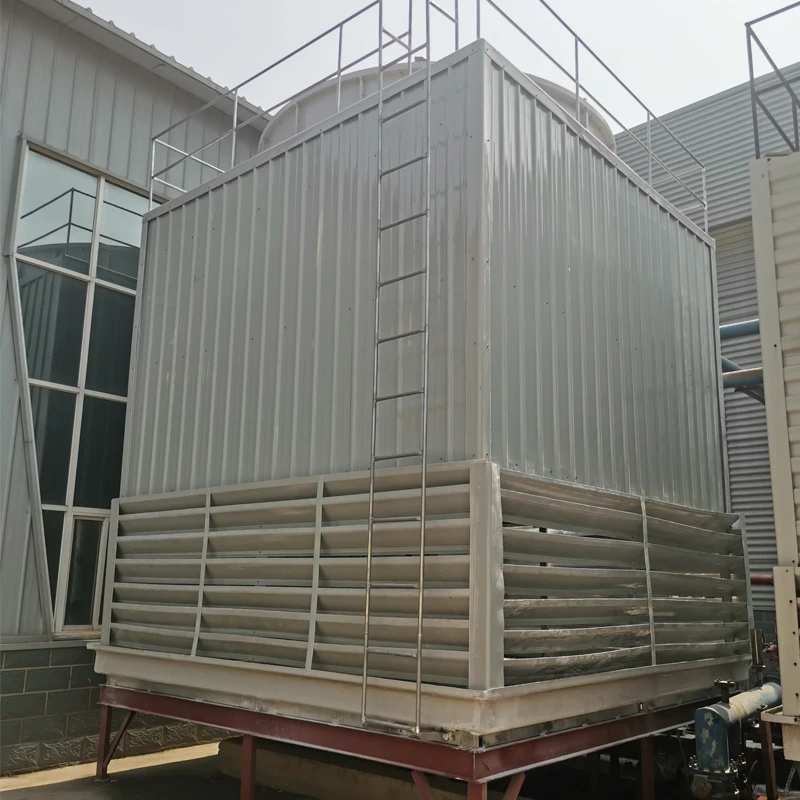
(closed cooling system with evaporative cooler)
FAQS on closed cooling system with evaporative cooler
Q: What is a closed cooling system with evaporative cooler?
A: A closed cooling system with an evaporative cooler uses a heat exchanger to isolate process fluid from external air. The evaporative cooler cools the fluid by evaporating water, reducing energy consumption. This setup prevents contamination and minimizes water loss compared to open systems.
Q: How does a closed circuit evaporative cooler work?
A: A closed circuit evaporative cooler circulates process fluid through a sealed loop. External air and water cool the fluid via a heat exchanger, leveraging evaporation for efficient heat transfer. This design ensures no direct contact between the fluid and cooling media.
Q: What are common applications for closed circuit fluid coolers?
A: Closed circuit fluid coolers are ideal for industrial processes, data centers, and HVAC systems. They maintain precise temperature control while protecting sensitive equipment from debris. Their closed-loop design also reduces corrosion and scaling risks.
Q: What are the advantages of a closed cooling system over an open system?
A: Closed systems minimize water waste by recirculating fluid and reduce contamination risks. They offer better temperature stability and lower maintenance costs due to reduced scaling and corrosion. Evaporative cooling enhances efficiency without direct fluid exposure.
Q: How to maintain a closed circuit evaporative cooler?
A: Regular maintenance includes cleaning heat exchangers and checking water quality to prevent scaling. Inspect fans, pumps, and seals for wear or leaks. Periodic water treatment ensures optimal performance and extends system lifespan.





Address
20 Xingyuan South Street, Zaoqiang County, Hengshui City, Hebei Province, China









